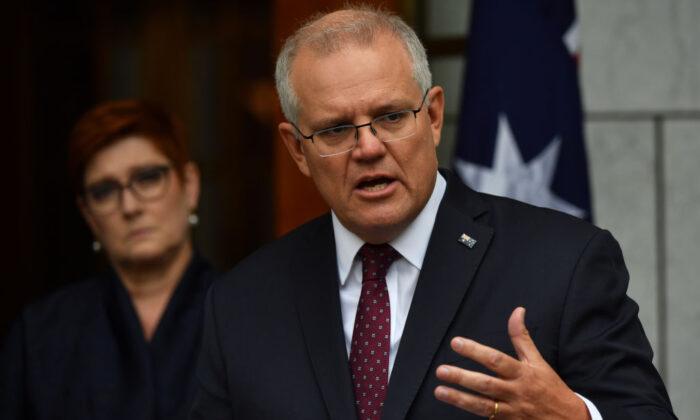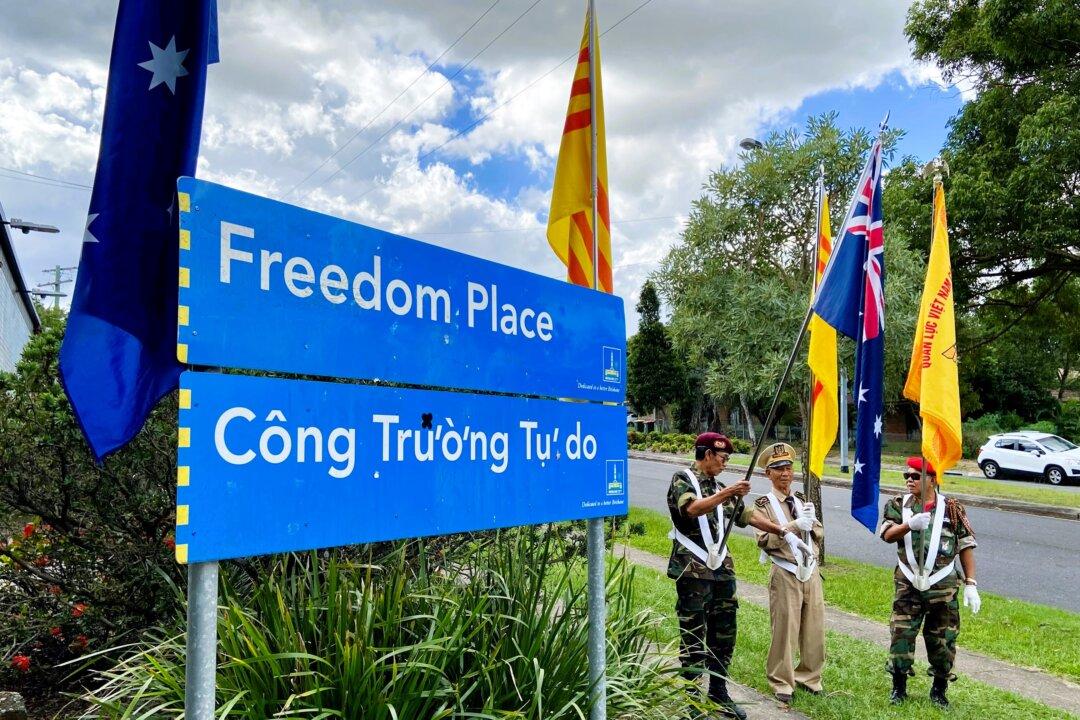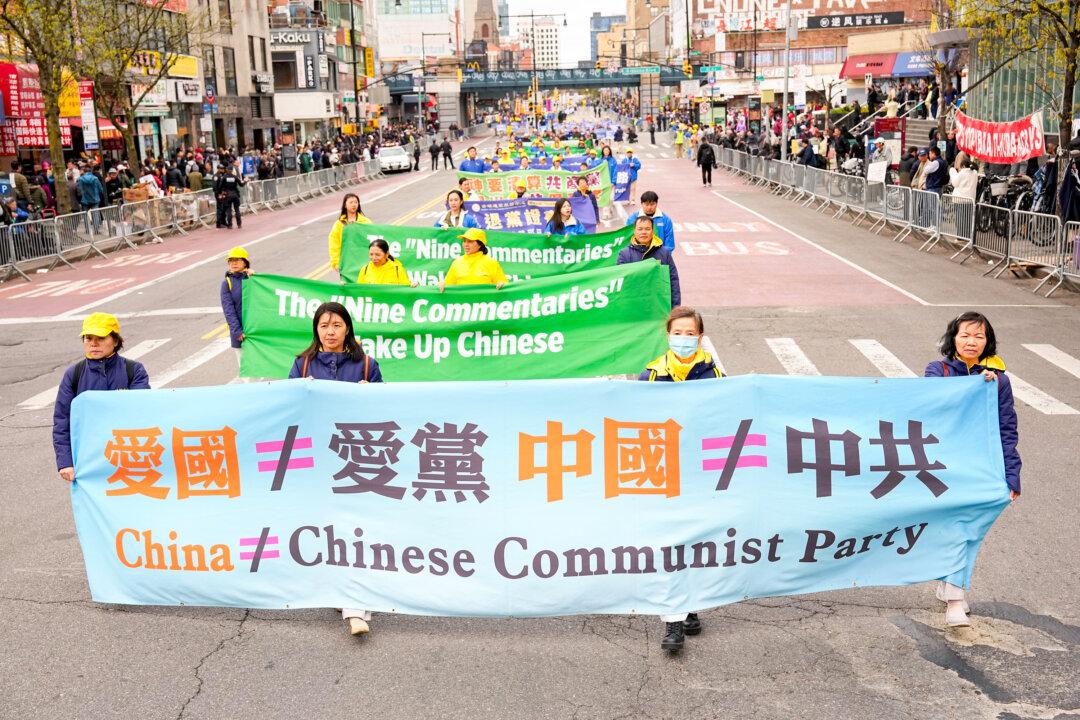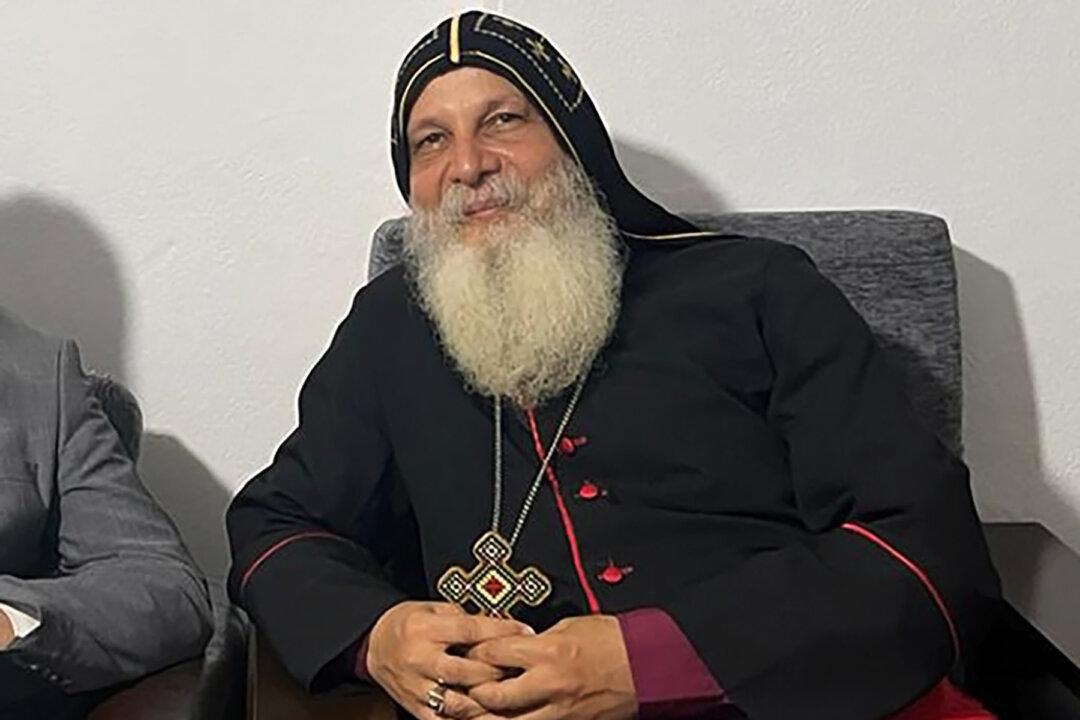The world is at greater risk of polarisation, and like-minded, democratic nations needed to work together to carry the “aspirations of the future” Australian Prime Minister Scott Morrison has said.
In a recorded speech to the Raisina Dialogue in India, the prime minister said Australia was “not blind” to the realities of the state of the world.
“Democratic sovereign nations are being threatened and coerced by foreign interference. Cyberattacks are becoming more sophisticated, including from state-sponsored actors, and frequent,” Morrison said.
“Economic coercion is being employed as a tool of statecraft. Liberal rules and norms are under assault,” he added.
“There is a great polarisation that our world is at risk of moving towards,” he said. “A polarisation between authoritarian regimes and autocracies, and the liberal democracies that we love.”
“You will get to a point at some stage where you do have to make a strategic decision about which one you are going with.”
Other speakers at the week-long event included Foreign Affairs Minister Marise Payne and Chief of Defence Angus Campbell.
Payne pushed for the military in Burma—also known as Myanmar—to cease violence against civilians, while Campbell pushed for a peaceful solution to Beijing’s aggressions around Taiwan.
“There is a pathway to a future through peaceful dialogue. But it’s a hard path, and it needs to be worked.”
Meanwhile, the prime minister spoke of the importance of the Quadrilateral Security Dialogue between Australia, India, Japan, and the United States and called for increased ties between Australia, India, and Southeast Asia.
He lauded India’s manufacturing and distribution of COVID-19 vaccines to over 80 nations but warned that the global pandemic had accelerated strategic tensions, which in turn galvanised like-minded democratic nations.
“It has inspired action to defend our collective interests,” he said.
“Together, we carry the aspirations for the future. A region stable, a region prosperous with healthy people and a clean environment. We will continue to work together to achieve those goals.”





